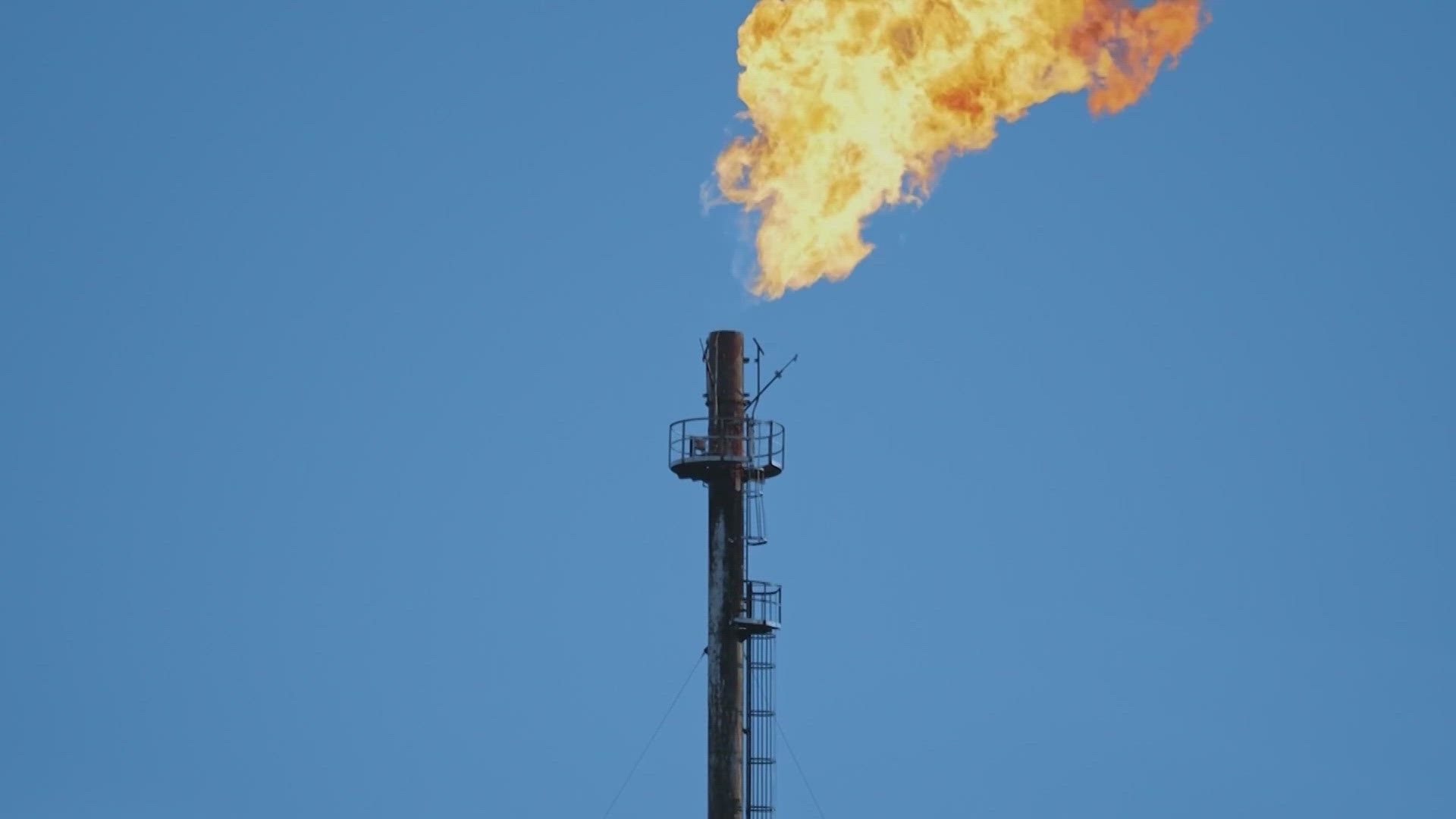OLYMPIA, Wash. — Initiative 2066 is one of a slate of initiatives that will appear on the November ballot for voters in Washington state. It's one of four sponsored by the group Let's Go Washington.
What does the initiative entail?
I-2066 is in response to HB 1589, which was passed during the 2024 legislative session. The bill directs "large combination utilities," or combination gas and electric companies that serve more than 800,000 customers, to plan for the development of specific actions "supporting gas system decarbonization and electrification" in alignment with the state's goals to move toward 100% clean energy. The initiative is aimed at resisting some of these moves.
I-2066 specifically strikes a passage of HB 1589 that requires that large combination utilities assess the costs and benefits of replacing natural gas pipelines, infrastructure projects and utility end uses with electric alternatives. Another modification to the law bans the Washington state energy code from "prohibit(ing), penaliz(ing), or discourage(ing) the use of gas in any form of heating, or for uses related to any appliance or equipment, in any building."
In some campaign materials, Let's Go Washington has branded the initiative as an effort to "stop the gas ban." Washington state law does not ban natural gas, and HB 1589 does not direct large combination utilities to stop providing natural gas to customers. However, proponents of the initiative say they fear a ban may be coming.
Initiative 2066, if passed, would require utilities to provide natural gas service to any person or business who requests it and bans the Washington Utility and Trade Commission from approving multi-year rate plans that require or incentivize terminating natural gas service.
Meanwhile, opponents say those with a stake in the fossil fuel industry are attempting to force utilities and local governments to stick with an outdated and aging power source that is costing utility customers more.
A vote for I-2066 would reinforce existing natural gas access in Washington state, while a vote against would clear a path for utility companies to develop electrification plans.
Here's more of what those for and against Initiative 2066 are saying ahead of the election:
In favor of I-2066:
Brian Heywood and the political action committee Let's Go Washington are spearheading Initiative 2066 and three other initiatives which will appear on the November ballot.
Supporters, like the Building Industry Association of Washington and the Washington State Hospitality Association, fear a future natural gas ban in the state - and see this initiative as a way to stop that from happening. The Building Industry of Washington says the ban would hike construction costs while the hospitality association says limiting natural gas could impact restaurants and breweries.
"I don't think it's that state's business, dictating what sort of energy source you have," Heywood said.
The text of HB 1589 does not ban natural gas outright, but does direct Puget Sound Energy to begin assessing and planning for ways the utility could move toward electrification of certain end uses, like heating, and away from reliance on gas.
Heywood expressed concern about electrifying heat sources in some areas of the state, in particular, like eastern Washington which is more prone to see snow and lower temperatures.
"Heat pumps don't always carry through when the temperature gets cold," Heywood said.
In opposition to I-2066:
Those who oppose I-2066 see the initiative as a way to tether Washington utility customers to an aging and increasingly inefficient energy source for profit.
The initiative would also put a stop to incentives, like government subsidies and rebates, intended to entice customers and developers to electrify their appliances and buildings- which could be a blow to affordable housing projects statewide.
Kyler Parris, resource development manager at the Housing Development Consortium, said these government incentives go a long way in supporting affordable housing development, which could be in jeopardy should this initiative pass.
"That's why almost all new affordable housing being built in the state is electric only, low carbon, [or] low energy appliances," Parris said. "At the end of the day, those subsidies are important to keeping the cost down for tax payers, and that's all at risk for 2066."
Opponents also see the measure as an obstacle to customers in accessing more energy-efficient, cost-effective power sources, should planning to electrify natural gas utilities be hindered by I-2066.
"Energy efficiency reduces monthly energy bills and makes energy more affordable for businesses and families," said Zach Pollen, the communications director for Washington Conservation Action. "When we use less energy to operate appliances, lighting, heating and cooling systems, our overall energy bill decreases. I-2066 will halt all progress on energy efficiency in this state by tying consumers to oil and gas companies' products, taking away your energy choice when so many of us believe in having choices."

